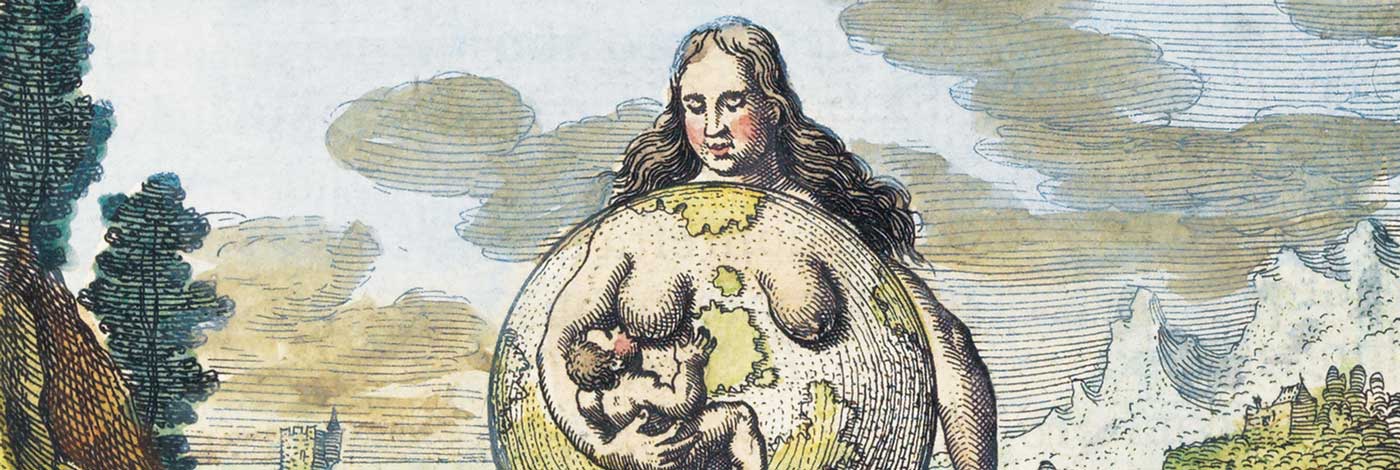
 Anthropozoologica
16 - Pages 31-36
Anthropozoologica
16 - Pages 31-36Early Christian Ireland was essentially a rural society consisting of a large number of small independent political units known as tuath. "Market" exchange was generally of a peripheral and limited nature, confined primarily to exotic goods such as wines and large drinking horns which could not be obtained in Ireland. Despite the absence of a thriving market, there was still considerable movement and transfer of ownership, especially of livestock and foodstuffs, within the tuath. Nobles and commoners continually exchanged goods, but not to obtain a more varied range of goods for consumption, as one does in a market economy. The goods exchanged were almost invariably agricultural produce and the people involved were almost invariably farmers. The goods were exchanged in order to maintain a contract institution known as clientship. The evidence indicates that the animal bones found on a rural site of the period cannot be assumed to represent the produce of the farm unit.
Early Ireland, Livestock exchange, Clientship.